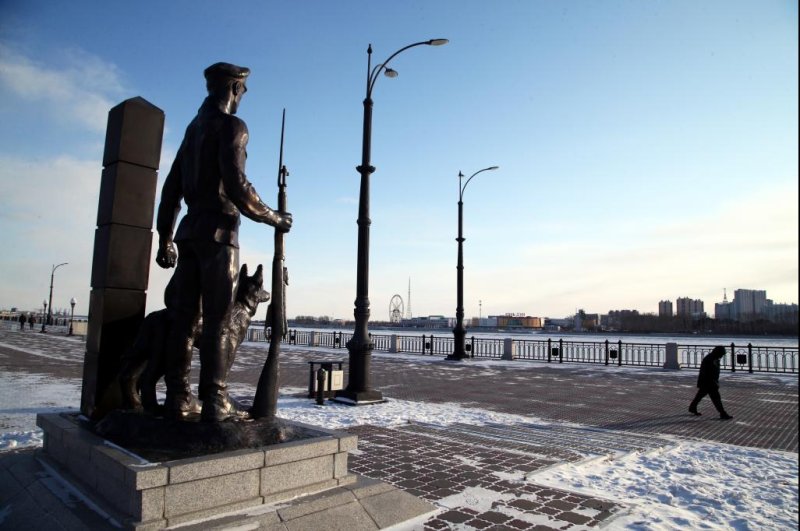AssassinsMace
Lieutenant General
Let's not get fooled by the optics. The only reason why developed countries join OBOR is because they want the contracts to build infrastructure. So when these Western countries make a big deal about joining, it's not as magnanimous as the media makes it. You don't get contracts if you're not a part of OBOR. Also its money that's backed-up by OBOR meaning if a country defaults, contractors still get paid. That's why you can see Western countries join and wish for it to fail at the same time. China is the biggest donor to OBOR. If they donate more than they get in contracts, then that says something. But so far and I doubt they ever will give more than they see making. For the US, it's all about fear how the world will not be beholden to them. The West or Japan or India wanting to start their own alternative never did this before because they could care less if any of these countries developed or they would've done it already. Just like TPP. If it were so great why didn't they do it decades before? All they're doing and they have to do it now is countering China because they don't want the kind of influence China will have that they expect now from other countries they assist. And China should keep this in mind where the critics of OBOR are the Soviet Union having to spend money just to counter the US and then going bankrupt that ended the Cold War.


